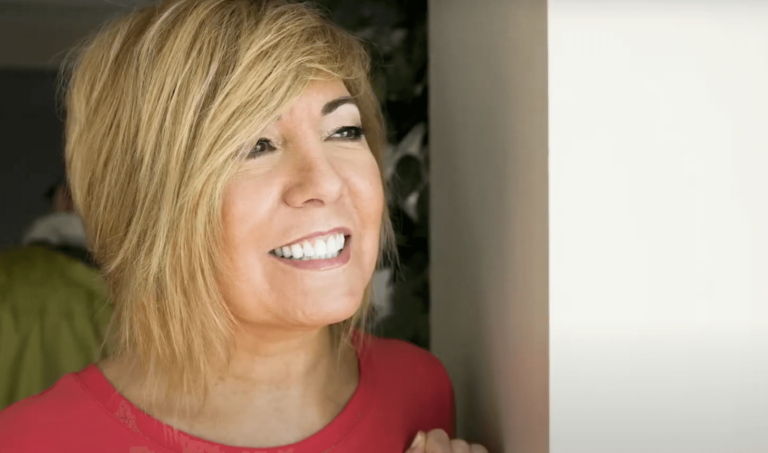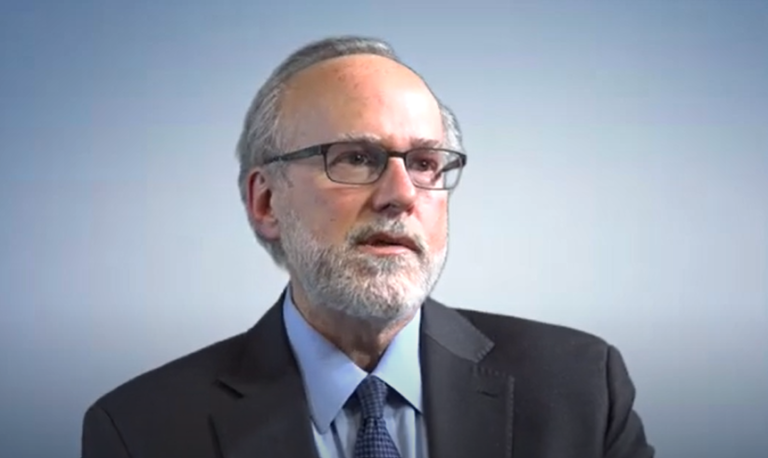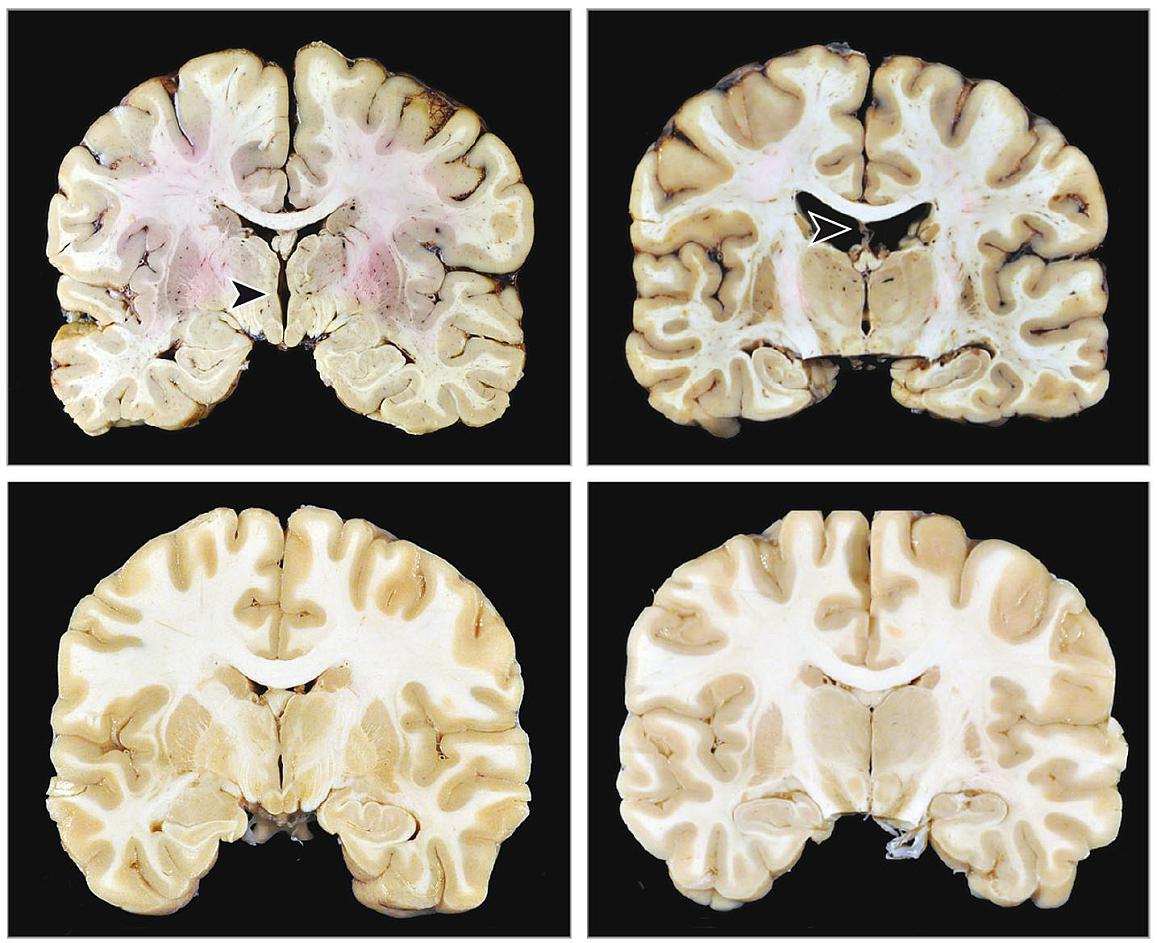Caregiving for
Suspected CTE
Tools and resources to support yourself and your loved one.

Suspected CTE
caregiver support:
Watch the webinar
Watch an in-depth conversation featuring caregivers of suspected CTE patients as they navigate the need and scope of caregiver support.

Caregiving for veterans
Traumatic Brain Injury (TBI) is the signature wound of modern warfare, with up to 35% of Canadian Armed Forces members and veterans living with the impacts of concussion. Research efforts focusing on TBI, PTSD, and CTE are among the most crucial for veterans and families experiencing the effects of these injuries.
Watch the webinar below to hear leading experts in the field highlight the current state of TBI and CTE research. They offer the best caregiving practices to better understand and support brain health in ailing veterans and valuable tools for brain injury caregiver support.
The importance of self-care for caregivers
As a caregiver for someone with suspected CTE, you‘ve likely put your loved one’s needs first for a long time. This is understandable and common within the caregiving community, but we encourage you to remember that only when you first help yourself will you most effectively help someone else.
Setting aside time for self-care so your needs are taken care of is an essential part of being a supportive caregiver. You may find sources of physical, emotional, mental, and spiritual energy from the following activities or practices:
- Regular exercise, even for short periods at a time
- Stress reduction techniques such as meditation, mindfulness, yoga, and breathing practices
- Taking time to enjoy books, music, cooking, and other healthy activities
- Getting proper rest and eating a healthy diet
- Socializing with friends and family and seeking their support when you need it
Kim Adamle from The Mike Adamle Project: Rise Above is the wife of former NFL player and broadcaster Mike Adamle, who is living with probable CTE.

In this video, Kim explains how she avoids caregiver burnout, builds and maintains a support network, and establishes routines to keep herself strong.

In this personal video, you’ll hear from both Kim and Mike Adamle about how they work together in the fight against CTE.
Reach out if you need help
Remember to put your healthcare needs first. If you’re feeling anxious, depressed, or generally burnt out, consider reaching out to a licensed counsellor for support.
Caregiving for someone with suspected CTE or a TBI can be an isolating experience, especially when those around you don’t understand the nature of this journey. If you would like to be connected to a Peer Support Volunteer who has been a caregiver, please submit a CLF HelpLine request and our team will reach out with more information about next steps.
Meditation and mindfulness for suspected CTE caregivers
A licensed psychologist and CLF Legacy Family Community member, Dr. Shannon Albarelli lost her husband, Mike Albarelli, in 2018. Mike was a high school football player, captain of the lacrosse team at Brown University, and a successful executive before he died at age 38 and was later diagnosed with CTE.
Mike battled symptoms that Dr. Albarelli suspected were caused by CTE, and she turned to meditation to help her endure Mike’s progressively worsening health. She now shares this practice with others who are struggling.

Watch Dr. Albarelli lead a meditation session for those struggling with the long-term effects of brain injuries and their loved ones.

Dr. Albarelli also appeared on our webinar for Supporting Suspected CTE Caregivers, where she and other suspected CTE caregivers offered advice and coping strategies. Hear Dr. Albarelli discuss her experience with CTE and how caregivers must prioritize their own self-care.
Always maintain hope
As a caregiver for someone with suspected CTE, it’s important that you and your loved one remain hopeful. Many symptoms of CTE are treatable, and there are resources available to help someone battling suspected CTE find support and live a high-quality life.

Watch Dr. Robert Stern, former Director of Clinical Research at the Boston University CTE Center, explain why CTE is not a death sentence. Those who are suffering should have hope that their symptoms can be treated. He details why loved ones are so important in instilling that hope and how important it is that they receive support as caregivers, too.

To learn how to best support your loved one who may be experiencing an emotional crisis, please watch this CLF webinar with mental health experts, Dr. Ciara Dockery and Dr. David Reiss.
Caregiving in a crisis
CTE can present cognitive and behavioural symptoms, like impaired judgment, problems with executive function or impulse control, paranoia, and aggression, that can lead to crisis situations.
If your loved one is struggling to cope with symptoms like these and needs additional emotional support, please call the Suicide Crisis HelpLine by dialing 988.
You’ll be connected with a trained counsellor, and this service is free, confidential, and available to everyone in Canada.
CTE and intimate partner violence: You are not alone
Liz Nicholson Sullivan is the wife of former Cleveland Browns offensive lineman Gerry Sullivan. When Gerry was diagnosed with early onset dementia and probable CTE, Liz became an advocate for retired NFL players, their wives, and their families.
She and Gerry have agreed to share details about Gerry’s symptoms, including one of the ugliest sides of the disease not often discussed openly – domestic or intimate partner violence.

Watch Liz open up about her experience with Gerry’s behavioural symptoms. Hear her message to other wives and families facing intimate partner violence.

Liz also joined our webinar and peeled back the curtain on what it’s like living with someone struggling with suspected CTE.
If you or a loved one are in a domestic or intimate partner violence situation, please refer to the resources available to you in Canada here.

